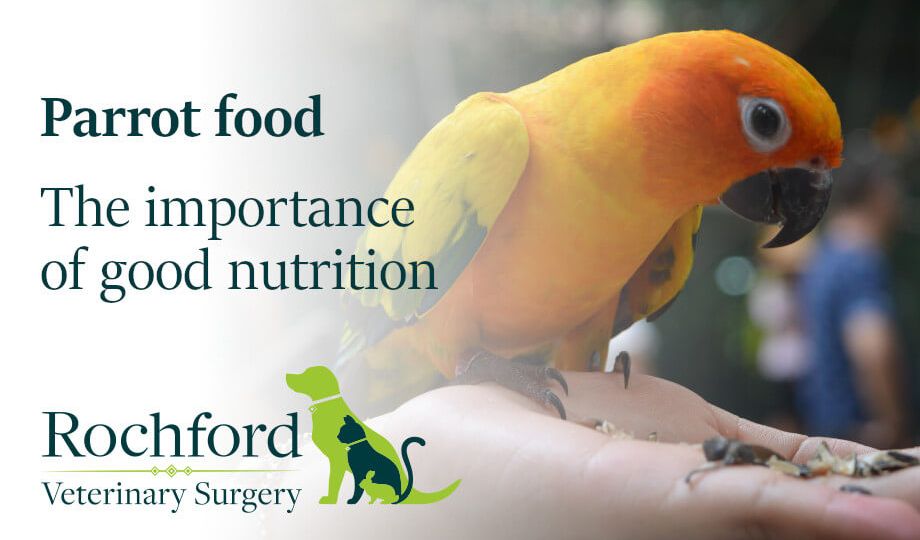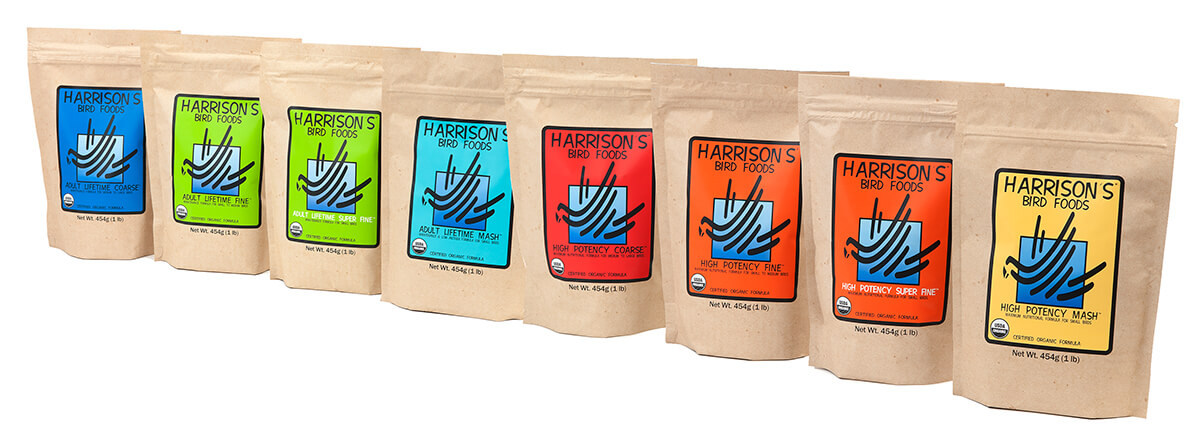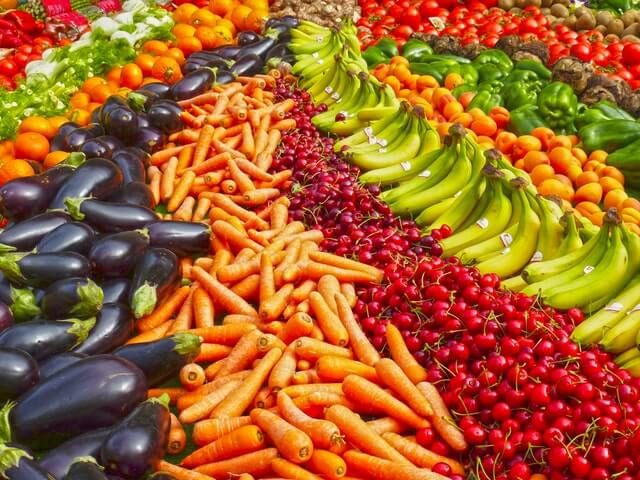
The best thing you can do for your bird is to give it the right food. A bad parrot diet is a common cause of health problems. The right parrot diet can positively impact on your birds health, appearance, longevity and even behaviour. Keep reading to find out what is the best parrot diet for your bird.
Seeds
For many years we have been feeding parrots on a type of seed mix, which vary depending on the size and species of the bird in question. However seed diets are mostly inappropriate as they do not meet a birds basic nutrient requirements. The most commonly fed seeds are often lacking in over 30 essential nutrients. The other problem with seeds is that they allow selective eating. When given the choice parrots will opt to eat the high fat and high sugar parts of their diet first. Not only are these often calorific, leading to weight gain and obesity, but they are often the parts lacking the most nutrients. Most birds for instance will pick out the sunflower seeds and peanuts first.
There is yet another problem with seeds which can cause more concerning health issues. Poorly stored and poor quality seeds can harbour spores for aspergillus. This fungus can be inhaled by the birds eating the contaminated food; leading to a fungal infection of the respiratory system, which can be life threatening and difficult to treat. Therefore we do not recommend feeding seeds to your bird, think of them as junk food.
Pelleted food
Instead of seeds we recommend you feed a pelleted diet, such as Harrisons. These diets are made of a mix of vegetables, fruits, grains and seeds. They are fortified with vitamins and minerals, and are baked into pellet. These parrot diets are nutritonally balanced and prevent your bird from picking certain parts. The main problem however is converting your parrot over to these nutritious pellets from the seed junk food. For more information on how to convert your bird over to pellets click here. These pellets are not as stimulating for your parrot as seeds. Therefore we recommend feeding about 60-80% of your birds food as pellets and the rest as a variety of vegetables and fruit.

Vegetables
Fresh vegetables, ideally organic, should be offered daily. Aim for the majority of vegetables to be leafy green or dark yellow. Vary how they are offered, such as whole, chopped or lightly cooked. They can also be clipped on the side of the cage or fed in a special puzzle feeder to increase stimulation and natural foraging behaviour. Recommended vegetables include: kale, cauliflower, broccoli, carrots (root and top), herbs, green beans, sweet peppers, chili peppers, romaine lettuce, swiss chard, sweetcorn, cucumber, aubergine, pumpkin, spinach, courgette, green beans and sweet potato.
Fruits
Fruits should also be fed in a wide variety but only make up a small portion of the parrot diet. They are often full of sugars and lower in nutrients, so aim for the deeply coloured fruits as these are often more nutritious. It is also important with fruits that your parrot is not given the stone, pips or apple seeds as these can be toxic. Fruits that can be fed include: mango, apple, papaya, kiwi, berries, pineapple, pomegranate, peaches, melon, grapes, oranges, bananas, apricots, cranberries, pears and tangerines.

Other things to feed
Variety is the key and so there are other things that you can add in to your parrot diet in small amounts. These include: pulses, cooked brown rice, cooked quinoa, oats, wheat, barley, cooked lentils, cooked pasta and even small amounts of lean cooked meat and poultry and boiled eggs. Nuts can be fed but they should be human grade organic and shelled, they should be given as the occasional treat or used for training.
What not to feed
Apart from seeds there are other things that should be avoided in the parrot diet. Toxic foods include avocado, chocolate and rhubarb. Beverages containing caffeine or alcohol should be avoided. Birds are often lactose intolerant so dairy products should be avoided. Onions, sprouted lima, fava and navy beans should be avoided as well.
Conclusion
In conclusion parrots should be fed a parrot diet based on pellets supplemented with a wide variety of fresh vegetables and the occasional fruit or other treat. If you have any concerns about your parrots diet, please get in touch.


